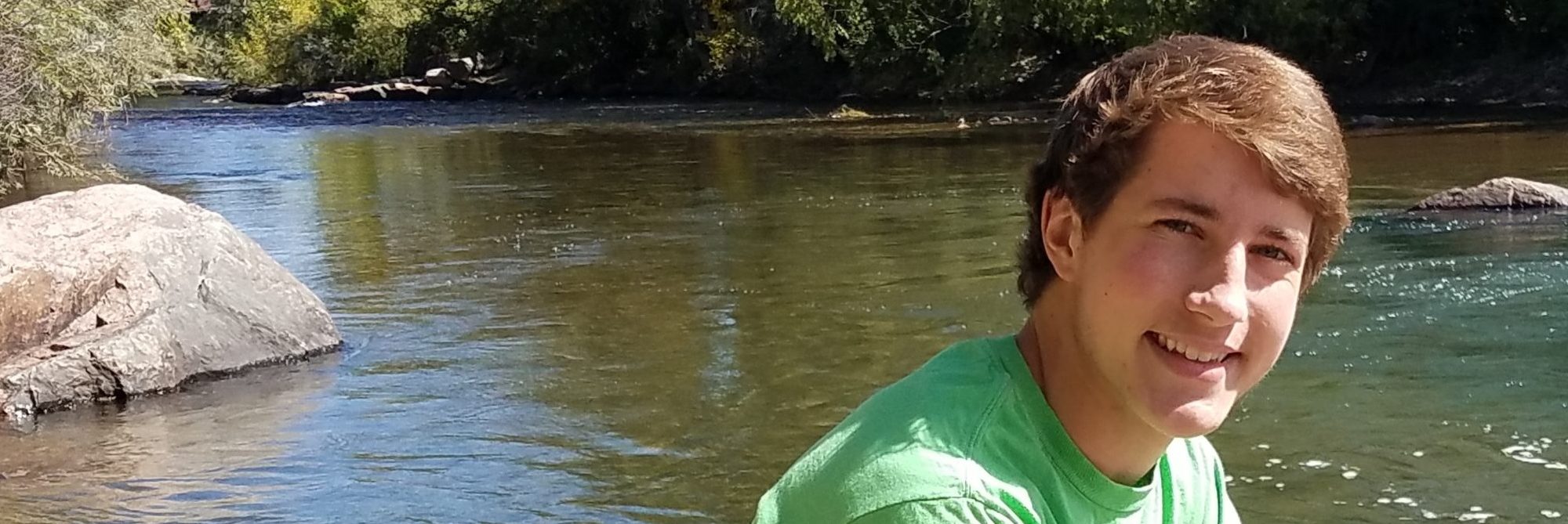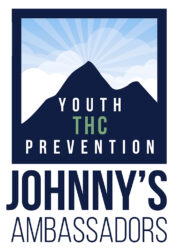I’m the mom of four children. Marijuana use has significantly affected the development of two of them. My children were raised in a two-parent home with limited screen time, lots of exposure to sports and outdoor activities. They were alter servers and belonged to our church youth group. They worked as soccer refs and at the local orchard and volunteered at local food pantries. They were far from perfect kids but we thought we were doing most things “right” and had discussed the perils of cigarette smoking and “drugs.”
My two youngest boys, however, were just the right ages to “misunderstand” the 2012 law legalizing medical marijuana and to feel embolden by the 2016 law allowing recreational use. They were both under 21 in 2016 but both had started using as young teens so once it was “legal” they most certainly believed they were included in this new legal freedom.
For one child, it’s watching him continually fail college classes despite his achieving a near perfect score on his SATs, his having a photographic memory and being one of the top students each year until high school. He is functional in that he can hold a job but it is clear that he believes he needs marijuana to help with his anxiety. This jeopardizes his position on the track team, has led to job loses and a level of shame with each failure that draws him ever deeper into his dependency.
For my youngest child, his use cost him the vocational technical HS he longed to be at and the trade he hoped to be working at post HS. It helped to fuel a low-level drinking problem resulting in an additional dual diagnosis at age 15 (both alcoholism and marijuana disuse disorder) on top of his already diagnosed mental health disorders. Eventually, all of it resulted in a CHINs petition, a DA diversion contract and ultimately 2 years in DYS custody.
I have to say I’m blessed that neither of my boys ever developed psychosis from their marijuana use. But I’m angry and frustrated that I was one voice of accountability among a sea of voices stating that pot use was “okay” and that recreational use was “fine”. It is not “fine” or “okay” for adolescents’ period. It is not “okay” that my son attacked his brother while under the influence. It is not “fine” that my son struggles to hold down a job or face stressful situations with a clear mind. It is not “okay” that both my boys will forever experience changes to their developing brain due to their early use of marijuana. And it certainly is not “okay” that there were severely limited resources and supports in place to help me help them.
The American Academy of Pediatrics (AAP) has updated it’s guidance to include: “New research has also demonstrated that the adolescent brain, particularly the prefrontal cortex areas controlling judgment and decision-making, is not fully developed until the mid-20s, raising questions about how any substance use may affect the developing brain. Research has shown that the younger an adolescent begins using drugs, including marijuana, the more likely it is that drug dependence or addiction will develop in adulthood.” (https://pediatrics.aappublications.org/content/135/3/584).
Developmentally, we know that the “cause and effect” part of the brain is not fully developed till age 25. We knew this prior to passing the 2016 law. The 2016 law was crafted to match the drinking and smoking ages in part because of that knowledge. We have worked for years, as a society to curb teenage cigarette smoking and drinking. We have groups like SADD, MADD and we have created smoke free zones and increased education in schools on fact-based dangers of tobacco smoking. We ban advertising of cigarette smoking and drinking on teen focused media. The recreational law in 2016 passed without any of the teenage prevention strategies we know have worked for cigarette smoking and alcohol consumption. It’s time to change that. It’s time to be honest about the dangers to our teens and use the knowledge of our pediatricians and researchers to create public service messages and in school fact-based education on the dangers of adolescent marijuana use.


Thank you for sharing your story. It’s heartbreaking to see how adults who voted for recreational usage and who say it’s “fine” or “okay” for teens to experiment with marijuana have no idea how detrimental this is to each teen’s life!